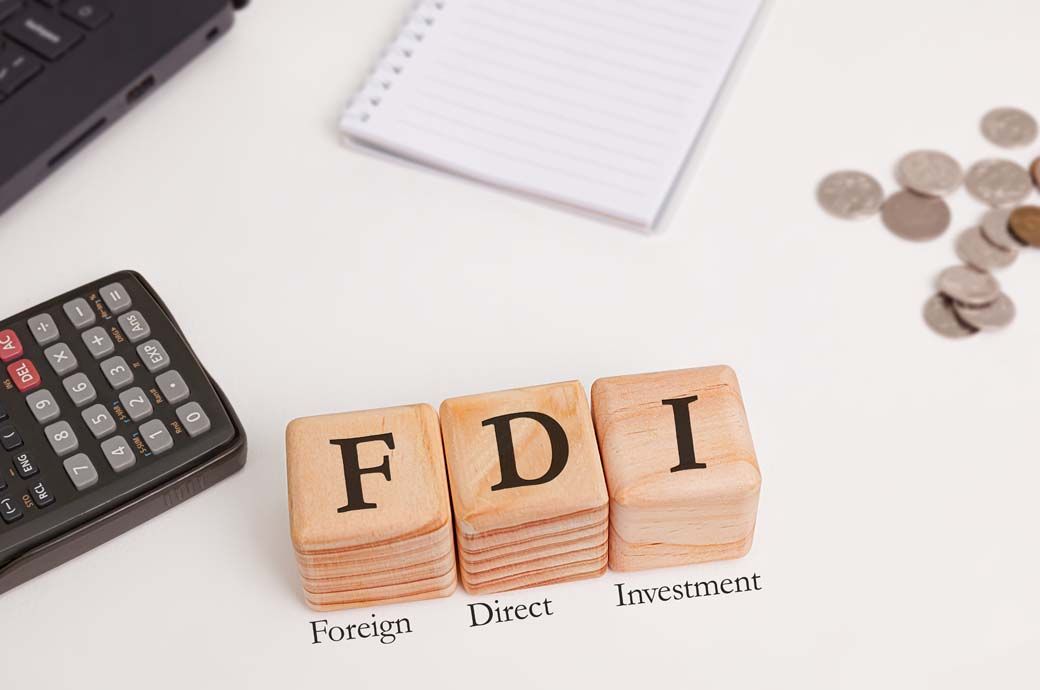
As Trump, in his first term, took significant regulatory steps to attract FDI back to the United States, a similar initiative next year could create challenges for emerging markets like India where FDI is a significant growth driver.
However, India’s gradual diversification of its FDI sources could buffer any potential decline, it noted.
Unlike a decade ago, when most FDI inflows came from a limited number of traditional sectors, India is now attracting investment in a wide array of industries, including renewable energy, sea transport, medical devices and surgical appliances.
There are up to 12 emerging sectors showing strong FDI interest, and that may help offset any loss of inflows in conventional sectors if there is a shift in global investment patterns under the next US administration, the SBI report said.
The Trump presidency would offer India challenges as well as opportunities. In the short term, the potential for increased US tariffs, more restrictive H-1B visa policies and a stronger dollar could bring some volatility to India's trade and investment landscape.
However, in the long term, these challenges might also encourage India to expand its manufacturing capabilities, diversify export markets and focus on becoming economically more self-reliant, the report observed.
India’s merchandise trade surplus with the United States despite tariffs imposed during Trump's first term indicates Indian exports have remained resilient, and there is potential to strengthen trade ties further by capitalising on emerging sectors and reducing dependency on traditional industries, the report added.
Fibre2Fashion News Desk (DS)